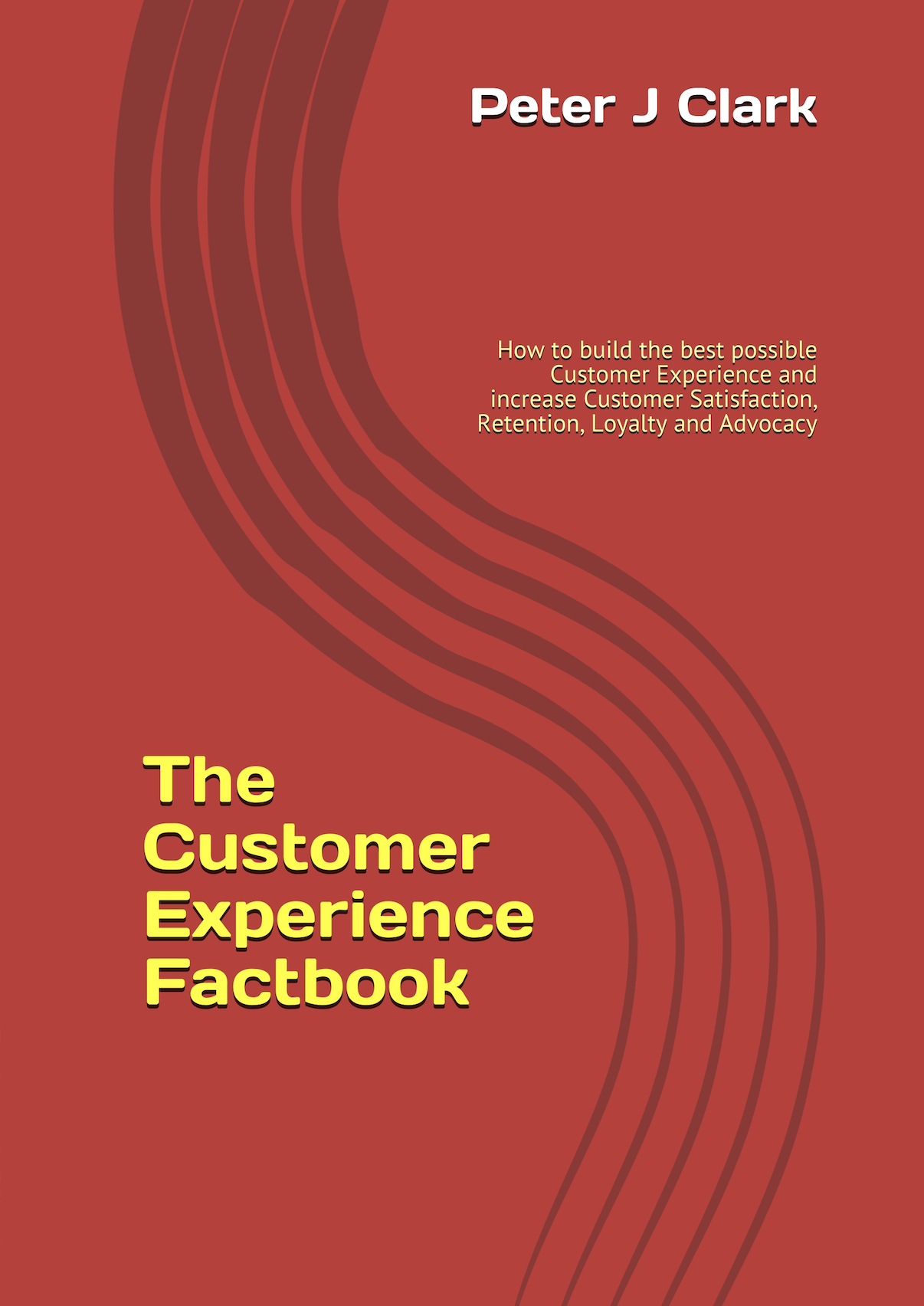Consumers making more decisions out-of-store
From cars to credit cards, toothpaste to tablets, flights to fish fingers, seven in 10 UK shoppers now research products before buying them. New data from Connected Life and TNS/Kantar highlights the challenge facing traditional retailers as consumers swap stores for screens to find the brand, bargain or product they want.
According to Connected Life, a study of over 60,000 connected consumers across 50 countries from global research consultancy TNS, seven in 10 shoppers in the UK (77%) and more than four in five (84%) worldwide say they carry out some form of research before making a purchase.
Nearly two thirds (62%) of UK shoppers do pre-purchase research online, compared to less than half (48%) offline, giving online retailers the upper hand when it comes to opportunities to influence shopper decisions. The data shows little difference in the amount of pre-purchase research by age group: 16-24 year olds consult approximately three pieces of information pre-purchase, compared to two sources for those aged 55-65.
It's not just big ticket items like cars, flights, technology, holidays and financial services products consumers seek information on - it's also cheaper everyday essentials such as shower gel, cosmetics, nappies and pet food. A surprising number of UK shoppers now adopt the considered, pre-planned approach previously reserved for high-ticket items, to buying lower-priced, regular shopping basket staples.
Over half (55%) of shoppers say they do pre-purchase research for personal care products such as skincare, perfume and cosmetics, 71% for baby care products and 41% for hygiene items such as deodorant and shower gel.
On the challenge this poses retailers, Lee Smith from TNS Shopper said: "Big data and the proliferation of internet devices and platforms amongst consumers means online retailers are learning what shoppers want and then re-serving them targeted, relevant content that informs their purchase decisions. Traditional retailers are struggling to keep up with this increasingly automated retail experience, which means we may see a decline in impulse shopping in-store. New business models are developing in which brands sell directly to consumers which enables them to circumnavigate offline retailers altogether."
Whether researching offline or online, the study reveals that 51% of shoppers globally make up their mind about the exact brand to buy before they shop. In the UK, four in 10 (41%) 'Decided' shoppers kept to their plan and purchased that exact brand. Only 10% were 'disrupted' while shopping, ultimately buying a different brand.
According to Smith: "Building brand equity is key, and the best way to win with these shoppers is help them find what they are looking for quickly: a good experience with the brand and site will lead to repeats in the future. The majority of shoppers start their mission with a good idea of the brand they intend to purchase. Brand and shopper teams need to work together to win: brand teams increase the share of shoppers decided on the brand, and shopper marketing closes the deal at the point of sale. There is still opportunity to influence shoppers to change their mind: almost half of UK consumers are open to brand choice when they start shopping. Relevant offers and incentives delivered at the right time - whether online or in-store - are crucial in winning over undecided shoppers as well as stimulating impulse buying."
Every brand touchpoint is a sales opportunity. In the UK, shoppers research their potential purchases across an average of three (2.6) 'touchpoints' before they make a decision. Nearly half (1.6) of these will be online. Shoppers in the US display a similar trend (2.7 touchpoints, 1.6 of them online).
People in Latin America, Developed and Emerging Asia are most likely to consult many more sources of information before making a purchase, with Malaysians the world's most considered shoppers by far, consulting 7.1 touchpoints, 4.1 of them online. In comparison, shoppers in Turkey (1.9) and South Africa (2.0) consult the fewest sources overall.
While many UK shoppers reach stores with a pre-researched decision to buy a particular brand, TNS' Connected Life research shows there is still appetite for new products. So-called 'Exploratory' buyers want to explore products available that meet their needs. This mindset presents a real opportunity for brands, particularly in FMCG and other low involvement product categories, which are increasingly commoditised. These types of shopper are easiest to influence, most likely to research online and are the highest spenders, and are prevalent in certain categories such as personal care (30%).
Smith concluded: "As consumers worldwide adopt a more considered approach to their purchases, brand owners and retailers can provide the information - and incentives - they need to make up their minds. This means they must stop thinking in terms of advertisements and start becoming content providers that offer relevant information and offers at every stage of the shopper journey. To be successful, brands, retailers and manufacturers need a deep understanding of how and where people research purchases to ensure the right kind of information is in the right place at the right time."
Sources: TNS Kantar; Connected Life / The Marketing Factbook.
Copyright © 2015 - 2025 The Marketing Factbook.
Categorised as:
- Customer Experience
- Customer Loyalty
- Knowing The Customer
- Marketing Know-How
- Marketing Technology
